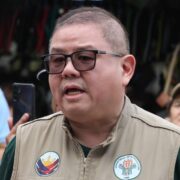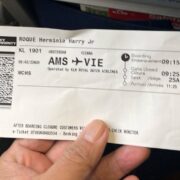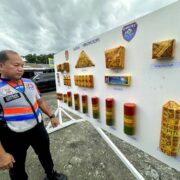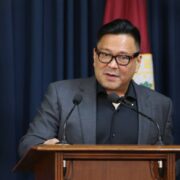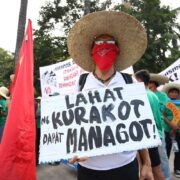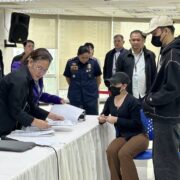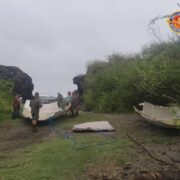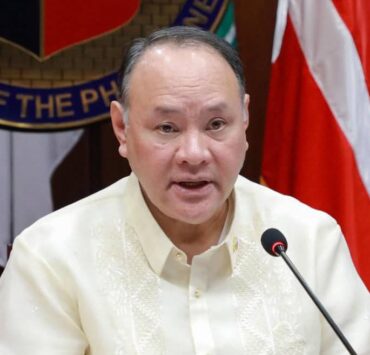Disaster relief no paradise for Filipinos displaced by 2023 Hawaii wildfire
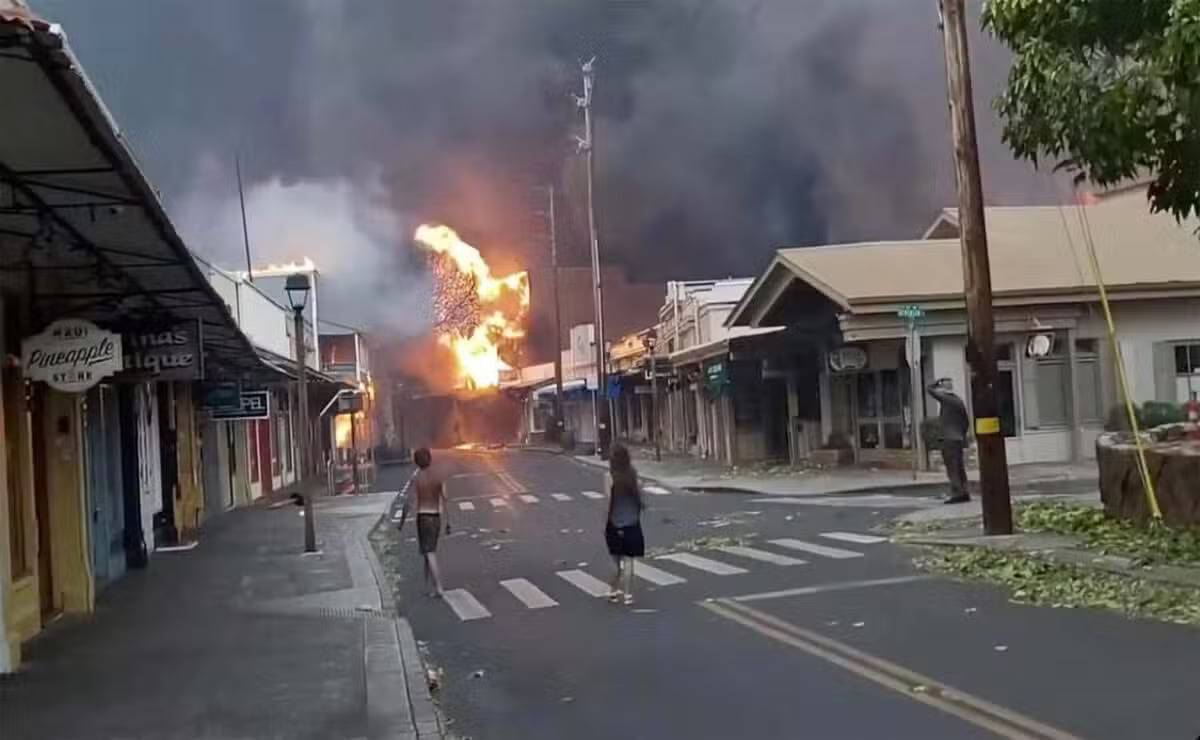
LOS ANGELES—A recent report on the 2023 Lahaina wildfire in Hawaii shows how disaster response had disproportionately harmed women particularly in the Filipino community, following that calamity which killed more than 100 people.
The report titled “Equality in Flames,” published in May by Filipino feminist disaster response group Tagnawa, documents an increase in gender-based violence, following the fire in Hawaii’s island county of Maui, and details how the challenges faced by Filipino women are often overlooked in traditional disaster relief efforts.
The wildfire which lasted several days began on Aug. 8, 2023. Sparked by downed power lines and fueled by dry conditions and high winds, it became one of the deadliest fires in US history, ravaging the historic town of Lahaina.
The Tagnawa report was authored by Khara Jabola-Carolus, a Filipino community organizer and former executive director of Hawaii’s Commission for Women, and Nadezna Ortega, an Ilokano-language revivalist and scholar on Filipino diasporic cultures.
Both authors hold Juris Doctor degrees from the University of Hawaii at Mānoa, specializing in Native Hawaiian justice and related legal issues.
‘Post-disaster silence’
The report highlights a troubling phenomenon termed “post-disaster silence”—with survivors, especially women, hesitating to report violence due to cultural pressure, caregiving burdens and fear of losing disaster relief aid.
Key reasons for this silence include lack of safe, accessible avenues for reporting abuse, diminished trust in law enforcement and government post-disaster response, and fear of authorities among immigrants.
Filipinos are Hawaii’s largest immigrant group. In Lahaina, nearly half the population is of Filipino descent—an important context for understanding how gender disparities manifest during disaster recovery.
The authors said post-disaster silence, intensified by patriarchy, endangers women while also causing undue suffering among men.
“The Lahaina wildfire disaster, in combination with the unique demographics of Lahaina, created complex conditions that simultaneously intensified gender-based violence, made certain types of violence more difficult for perpetrators to conceal, while discouraging victims from formally reporting violence to law enforcement or health-care professionals,” the report said.
“Patriarchy causes men unnecessary suffering during wildfires, such as disproportionate fatalities, isolation, and mental health neglect. When combined with misogyny, these problems endanger other disaster survivors,” the authors said.
Male violence, survival sex
The report notes that Filipino women already face systemic disadvantages, including a persistent wage gap—as they earn just 85 percent of what their male counterparts make.
Domestic violence is another key focus. Cultural pressure to tolerate male violence for family unity reflects a cultural and systemic crisis that demands urgent attention, the authors said.
According to the report, Filipino women account for 28.9 percent of all domestic violence fatalities in Hawaii, while Filipino men make up the largest share of perpetrators at 22 percent.
Community-based research shows that male violence is frequently excused as “anger, stress and drunken behavior” rather than acknowledged as abuse.
The report also raises concerns about commercial sexual exploitation in the aftermath of the fire.
Among respondents, 16 percent reported engaging in survival sex—that is, trading sex for food, shelter or clothing.
Although there were no direct reports of sex trafficking, the authors said this rise in exploitation signals the need for more research and targeted policy intervention.
Shelter conditions
Mental health professional Vero Mendoza cited unsafe conditions in emergency shelters—another key finding of the report.
“Women with children were often forced to sleep in their cars outside shelters, using those [shelters] only for food and basic necessities,” Mendoza said.
Many of these evacuation centers were missing such critical supplies as infant formulas, clean baby bottles, diapers and menstrual products.
The emotional toll is significant. Over 40 percent of respondents reported lacking access to mental health services. Many described profound grief and isolation, especially while caring for children or elderly relatives amid their displacement.
A mental health worker said “One layer of grief that isn’t often discussed is the loss of multigenerational homes.”
“For some Filipinos, their homes were their savings; they didn’t trust banks. So, when the house was destroyed, it felt like years of hard work were lost,” a caseworker said.
Limited English
About 24 percent of respondents cited caregiving duties and other family obligations as barriers to accessing resources or returning to work.
Language barriers also impeded recovery, with many survivors struggling to avail themselves of assistance because of their limited English.
According to the Philippine Consulate General in Hawaii, six of the confirmed dead were Filipino citizens, and 13 were naturalized US citizens or had Filipino ties.
To help the survivors, the consulate coordinated its efforts with groups such as the Filipino Community Center, Tagnawa on Maui, Hawaii Community Foundation and Lahaina Filipino Fire Survivors Association.
Residency status
Despite their hardship, most survivors had not considered leaving or seeking repatriation, as they pointed out their status as US citizens or permanent residents.
Still ,there were temporary visa holders who chose to return to the Philippines.
The report found that while majority of respondents were US citizens, over 25 percent relied on their green cards.
That group has become increasingly vulnerable to deportation under President Donald Trump’s administration.
Among the report’s participants, 79 percent were born in the Philippines and 20 percent were born in Hawaii. None were identified as undocumented.
Still recovering
The report calls for funding from the Community Development Block Grant, a program of the US Department of Housing and Urban Development, to prioritize the needs of women, including Kānaka Maoli, Latina, Black, Pacific Islander and Filipino women.
According to the authors, Tagnawa—an Ilokano word meaning reciprocity and community care—was founded to serve Hawaii’s Filipino community and help shape disaster response to reflect the experiences of survivors.
Two years after the wildfire, Lahaina is still recovering. The Tagnawa report serves as a reminder that equitable disaster planning is not only crucial for survival—but also for preserving dignity, strengthening communities and ensuring that no one falls through the cracks.
A longer version of this story appears on Inquirer.net



